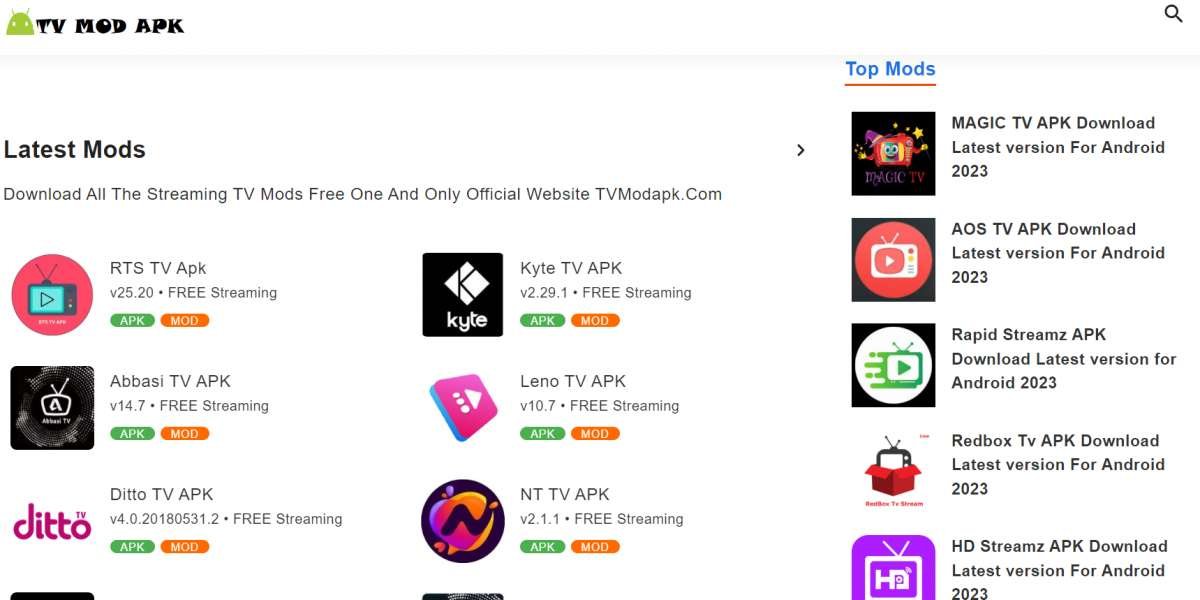What is a Conduct Certificate?
A Conduct Certificate is an official document that attests to an individual's behavior and moral standing during a specific period, usually in an educational institution, workplace, or community. It serves as proof that the individual has maintained good conduct, adhered to rules and regulations, and behaved in a manner that is socially acceptable.
This document is usually issued by educational institutions, employers, or local authorities and is often required when applying for new jobs, seeking admission to higher education institutions, or even applying for visas. The importance of a Conduct Certificate cannot be overstated, as it can significantly influence decisions related to your future endeavors.
Why Does a Conduct Certificate Matter?
The importance of a Conduct Certificate lies in its ability to serve as a testament to an individual's character. Whether you're applying for a job, seeking admission to a prestigious university, or migrating to another country, this certificate can provide authorities with the assurance they need regarding your behavior.
Employment: Many employers, especially in government and multinational corporations, require a Conduct Certificate as part of the hiring process. It helps them assess whether the candidate has a history of good behavior and integrity.
Higher Education: Universities and colleges often ask for a Conduct Certificate when admitting students, especially for postgraduate courses. It assures the institution that the student will adhere to its rules and regulations.
Immigration: Countries often require a Conduct Certificate for visa applications, particularly for long-term stays, such as work or student visas. It helps immigration authorities determine whether the applicant poses any risk to their society.
How Do Obtain a Conduct Certificate?
Obtaining a Conduct Certificate is a straightforward process, but it varies depending on the issuing authority. Below are the steps to acquire one from different sources:
1. Educational Institutions
Most people first encounter the need for a Conduct Certificate when leaving school or college. Here's how you can obtain one from an educational institution:
Contact the Administration Office: Visit or contact the administration office of your school or college. They usually have a standard procedure for issuing a Conduct Certificate.
Submit a Written Request: Some institutions require a written application. Make sure to include your name, roll number, the reason for the request, and the period during which you were enrolled.
Provide Necessary Documents: You may need to submit a copy of your identity proof, mark sheets, and other relevant documents.
Processing Time: The time it takes to process the certificate can vary, but it usually takes 7–14 days. Some institutions may expedite the process for urgent requests.
2. Employers
If you need a Conduct Certificate from an employer, the process is slightly different:
Contact the HR Department: Reach out to the Human Resources department, as they are typically responsible for issuing Conduct Certificates.
Submit a Request: Some companies may require you to fill out a form or submit a written request explaining why you need the certificate.
Provide Employment Details: Include your employment period, designation, and any other relevant details in your request.
Processing Time: Similar to educational institutions, employers may take 7–14 days to issue the certificate.
3. Local Authorities
In some cases, you may need a conduct certificate issued by local authorities, such as the police or municipal office:
Visit the Relevant Office: Go to the police station or municipal office in your area.
Submit an application: Fill out an application form that includes your personal details, the reason for the request, and any supporting documents.
Background Check: Authorities may conduct a background check to verify your claims. This could involve checking your criminal record and interviewing neighbors or colleagues.
Processing Time: This process can take anywhere from a few days to a few weeks, depending on the thoroughness of the background check.
What Information is Included in a Conduct Certificate?
A conduct certificate typically includes the following details:
- Full Name of the Individual: The name of the person for whom the certificate is issued.
- Period of Association: The duration for which the person was associated with the institution, employer, or community.
- Character Assessment: A statement regarding the individual's conduct, behavior, and adherence to rules.
- Issuing Authority Details: The name, designation, and signature of the person issuing the certificate.
- Date of Issuance: The date on which the certificate is issued.
Common Scenarios Where a Conduct Certificate is Required
- Job Applications: When applying for a job, especially in government sectors or MNCs,.
- University Admissions: Required by universities, particularly for postgraduate and research programs.
- Immigration: It is necessary for visa applications to ensure the individual poses no risk to the host country.
- Professional Licensing: Required for certain professional licenses to confirm the individual's ethical standing.
- Military Service: Often needed when enlisting in the military to prove good character.
How to Ensure a Smooth Process When Requesting a Conduct Certificate?
To ensure a smooth and hassle-free process when requesting a conduct certificate, consider the following tips:
- Plan Ahead: Request the certificate well in advance of when you actually need it, as processing times can vary.
- Provide Complete Information: Ensure that your application is complete and accurate to avoid delays.
- Follow Up: If you don't receive the certificate within the expected timeframe, follow up with the issuing authority.
- Keep Copies: Once you receive your certificate, make several copies and store the original in a safe place.
- Understand the Requirements: Different institutions and countries may have specific requirements for what needs to be included in the certificate, so make sure you understand these before applying.
Potential Challenges in Obtaining a Conduct Certificate
While obtaining a Conduct Certificate is generally straightforward, there can be challenges:
- Delay in Issuance: Bureaucratic delays can slow down the process, especially in large institutions or government offices.
- Lost Records: If the issuing authority has lost or misplaced your records, it can be difficult to obtain the certificate.
- Negative Reports: If there were any issues during your time with the institution or employer, they may refuse to issue a certificate or issue one with negative remarks.
How to Address Common Issues with Conduct Certificates?
If you encounter issues while obtaining your Conduct Certificate , here's how you can address them:
- Lost Records: If the institution or employer has lost your records, provide any documentation you have, such as mark sheets, employment letters, or ID cards.
- Negative Reports: If you receive a certificate with negative remarks, you may request a meeting with the issuing authority to discuss and potentially rectify the issues.
- Delays: In case of delays, a polite follow-up via email or phone can expedite the process. Persistent issues may require escalating the matter to higher authorities.
Frequently Asked Questions (FAQs)
1. What is the difference between a Conduct Certificate and a Character Certificate?
A Conduct Certificate typically refers to your behavior in a specific institution or workplace, while a Character Certificate is broader, often covering your overall behavior and moral standing.
2. Can I get a Conduct Certificate if I leave an institution on bad terms?
It depends on the policies of the institution. Some may issue a certificate with negative remarks, while others may refuse altogether.
3. How long does it take to get a conduct certificate?
The processing time varies depending on the issuing authority, but it usually takes between 7 and 14 days.
4. Is a Conduct Certificate mandatory for all job applications?
No, it is not mandatory for all jobs, but many governments and multinational companies require it.
5. Can I use the same Conduct Certificate for multiple applications?
Yes, you can use the same certificate for multiple applications as long as it is still valid and relevant to the context.
Conclusion
A conduct certificate is more than just a piece of paper; it is a testament to your character and behavior. Whether you're applying for a job, pursuing higher education, or migrating to another country, this document can play a crucial role in determining your future. By understanding the importance of a conduct certificate and knowing how to obtain one, you can ensure that you are well-prepared for any opportunities that come your way. Make sure to follow the proper procedures, provide accurate information, and keep track of your request to ensure a smooth and timely process.



